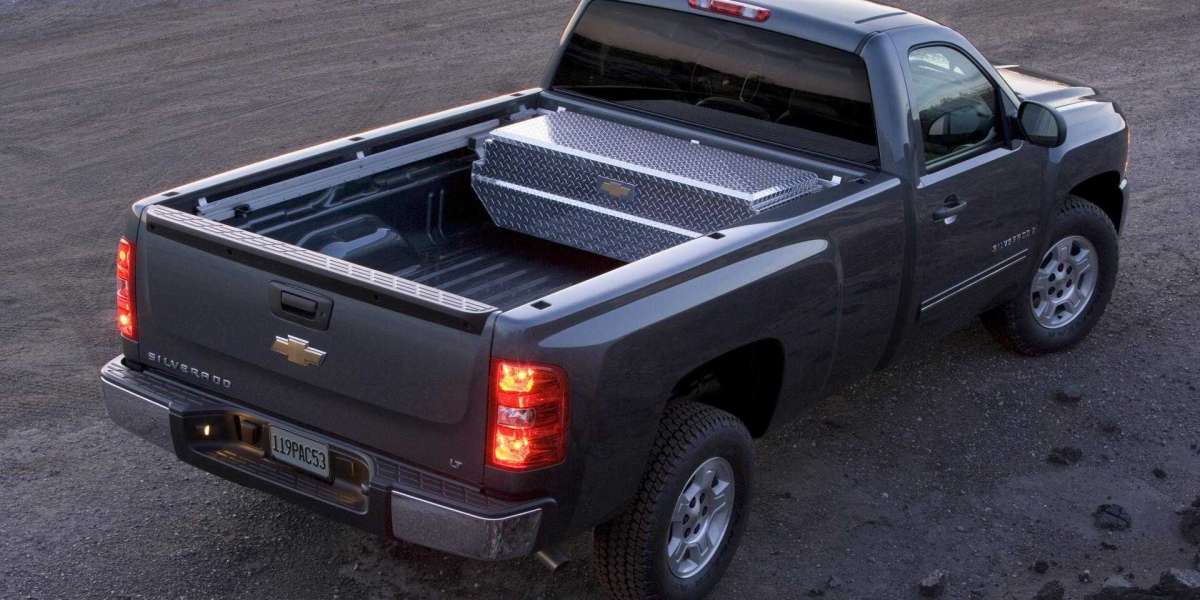Overview
Moving is a part of life, whether it's shifting to a new home or relocating a business. However, residential and commercial moves are not the same. Understanding the differences between them can help individuals and businesses prepare better, avoid costly mistakes, and ensure a smoother transition. This guide explains what makes each type of move unique, how to plan them, and why these distinctions matter for anyone arranging a move.
What is a Residential Move?
A residential move involves relocating personal belongings from one home to another. This could be from an apartment to a house, between two flats, or from one city to another. These types of moves are usually centered around families, individuals, or roommates.
Common Characteristics of Residential Moves:
- Personal items like furniture, clothing, appliances, and keepsakes are moved.
- The schedule is often flexible, depending on personal needs.
- Usually involves emotional considerations—people are attached to their homes.
- Moves are often handled on weekends or during holidays.
What is a Commercial Move?
A commercial move, on the other hand, involves relocating business-related assets. These may include office furniture, computers, servers, filing cabinets, tools, or even stock from a warehouse or store.
Common Characteristics of Commercial Moves:
- Includes workstations, office equipment, and business files.
- Typically requires coordination with teams and third-party vendors.
- Scheduled to minimize business downtime (often outside working hours).
- May involve special equipment for moving large or sensitive items.
Key Differences Between Residential and Commercial Moves
Understanding how residential and commercial moves differ is essential to planning effectively. Below are the major areas where they contrast:
1. Planning Complexity
- Residential moves usually require fewer resources and simpler planning.
- Commercial moves can be complex, needing weeks or even months of preparation, especially for large offices or warehouses.
2. Size and Scope
- Residential moves tend to be smaller in size.
- Commercial moves involve more equipment, documents, and often multiple departments.
3. Scheduling
- Residential moves allow more flexibility with dates.
- Commercial moves must be tightly scheduled to avoid business disruption.
4. Permits and Regulations
- In many cases, commercial moves require city permits, especially if large trucks are involved or if items are moved across floors or buildings.
- Residential moves typically do not need such formalities unless moving into or out of a high-rise apartment.
5. Specialized Equipment
- Residential moves usually require basic tools and vehicles.
- Commercial moves may require cranes, dollies, IT handling services, and more advanced logistical tools.
Why Understanding the Difference Matters
Choosing the right approach for your move can save you time, money, and stress. Here’s why it matters:
✔️ Better Preparation
When you know what type of move you're handling, you can better prepare the tools, manpower, and timing needed.
✔️ Risk Reduction
Misunderstanding the scope of a move can lead to broken items, missed deadlines, or lost business hours. Knowing the difference helps prevent these issues.
✔️ Cost Control
Budgeting becomes easier when you understand the unique costs tied to each move. For example, commercial moves might require after-hours labor, IT support, or temporary storage.
✔️ Efficient Execution
Residential and commercial moves involve different sets of tasks. A clear understanding allows you to assign tasks appropriately, whether you’re managing the move yourself or working with professionals.
How pickuptruck.ae Can Be a Resource
While this article avoids promotional content, it’s worth noting that platforms like pickuptruck.ae offer informative guides and local insights into residential and commercial moves in Dubai and surrounding areas. Understanding local moving logistics is just as important as knowing the type of move you're undertaking.
By browsing the resources at pickuptruck.ae, you can find helpful tips, moving checklists, and service options tailored to your specific type of relocation.
Conclusion
Moving is more than just transporting things from one place to another. It involves planning, decision-making, and a clear understanding of what type of move you’re dealing with. Knowing the key differences between residential and commercial moves will help you avoid delays, protect your belongings or equipment, and get settled more efficiently in your new space.
Whether you’re relocating your family or your business, taking the time to understand your moving needs is a smart first step.
FAQs
Q1: Are residential moves easier than commercial moves?
A: Generally, yes. Residential moves tend to involve fewer items and simpler logistics. However, complexity can increase with the size of the household or the distance of the move.
Q2: Can the same moving company handle both types of moves?
A: Yes, but it’s important to make sure the company has experience in both. Some companies specialize in either residential or commercial moves, while others, like those listed on pickuptruck.ae, may offer both with tailored services.
Q3: How can I make a commercial move less disruptive to my business?
A: Schedule the move during non-working hours, assign a project manager, and inform employees ahead of time. Also, ensure that technical setups like internet and phones are pre-arranged.
Q4: Do commercial moves cost more than residential moves?
A: Typically, yes. Commercial moves often require more planning, specialized equipment, and larger teams. The cost depends on the size, complexity, and timing of the move.
Q5: What’s the first step in planning any type of move?
A: The first step is assessing what needs to be moved and creating a checklist. Then, set a budget and timeline. Whether it’s residential or commercial, this helps streamline the entire process.





